When I think of my old self, I think of a narrow-minded person who found it difficult to empathize with others. If I had not gone through a similar experience, I could not relate to and help others going through unfortunate situations. Consequently, when I was considering becoming a tutor for refugees, I thought I would have a hard time understanding their lives and how to connect with them.
In January 2022, I was introduced to Seed Academy, a refugee-tutoring organization that was looking to recruit high school students. Although this job seemed foreign, part of my conscience pushed me to seize this opportunity to gain a fresh perspective.
Soon after I started, a senior volunteer asked me to become an English tutor for Mohammad and Benazir, an elderly couple who are refugees from Afghanistan. Nervously introducing myself, I noticed a sharp glare from them, possibly caused by the confusion at my sudden appearance. I then sat down and began to flip to the pages of Mohammed’s book.
Making conversation and learning about their lives initially felt awkward and distant, but as I started working with Mohammed through conversational exercises, his cautious glare soon morphed into an expression of amusement.
“Mohammed, repeat after me,” I said. “This is my cat.”
With a big smile, Mohammed excitedly answered, “This…is…my…cat. This is my cat!” His smile touched my heart in a way I have not experienced before. It seemed like a smile that was given by the community that cared about him. It seemed like a smile that meant that everything would be alright despite his past tribulations.
As I went over the counting exercise with Benazir, she shared this smile as well as the delight and enthusiasm to learn. When the class ended, the couple thanked me happily in English. Although it remains true that, because we come from very different backgrounds, I will not be able to fully empathize with the refugees, my first-hand experience working with them made me realize that I could make a positive impact in their lives through tutoring them. In fact, it was my experience working with my tutees that pushed me to further commit myself to making positive impacts on refugees.
I felt myself growing more open-minded as I spent more time working with refugees, and I began to think that my ability to personally bond with the refugees surmounts the difference in life experiences. The friendships we made with the refugees were derived from the joys of learning together, and in the process, we learned more about each other. My experience taught me that we are bonded by one major idea: community. No matter the different life circumstances, cultural backgrounds and opinions that we hold, a community provides support and friendship for each other. What is most important is that these people are still part of our community. One way or another, we grew up in a community that raised and supported us, and in turn, we should do our best to give back to the community and help build one another up.



































































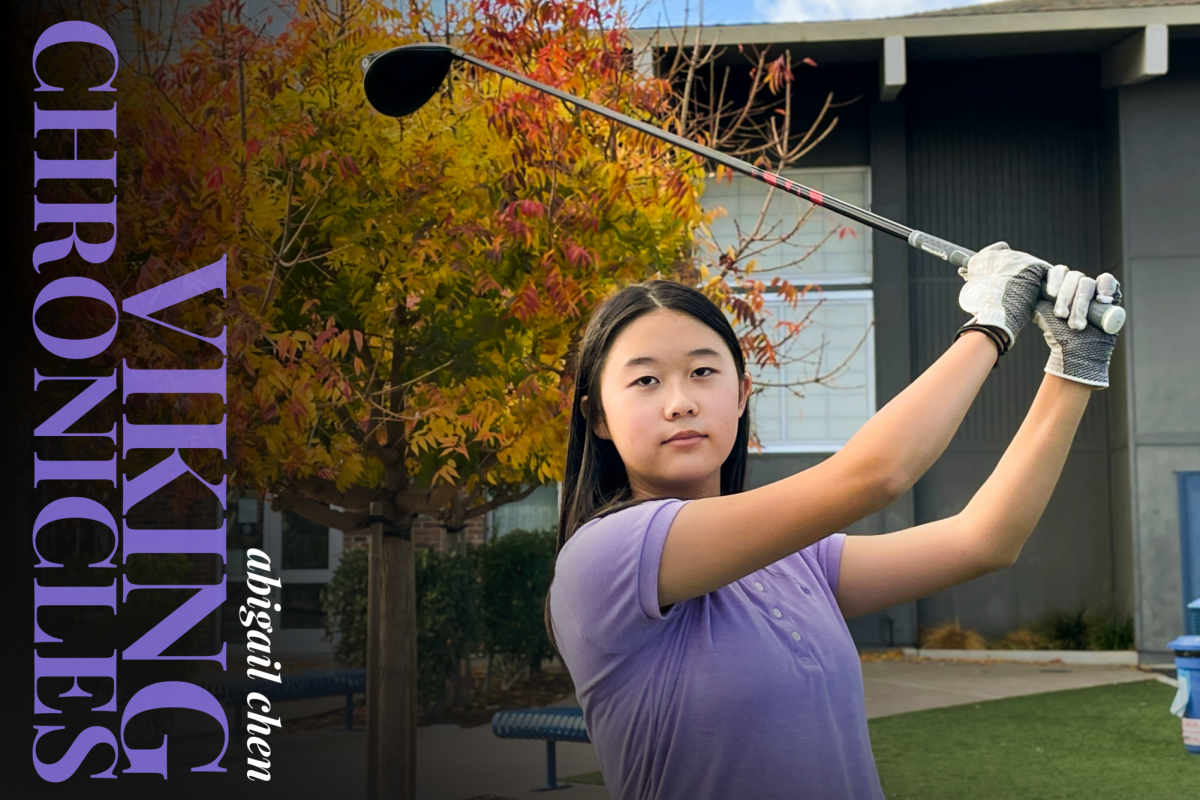
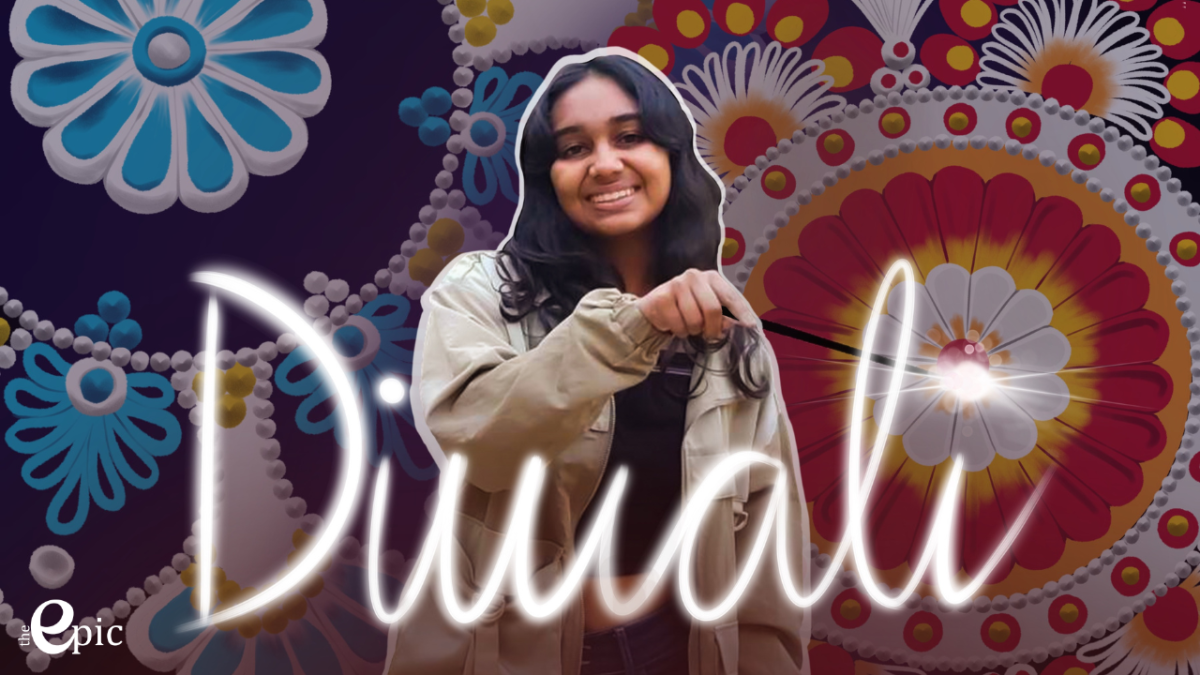
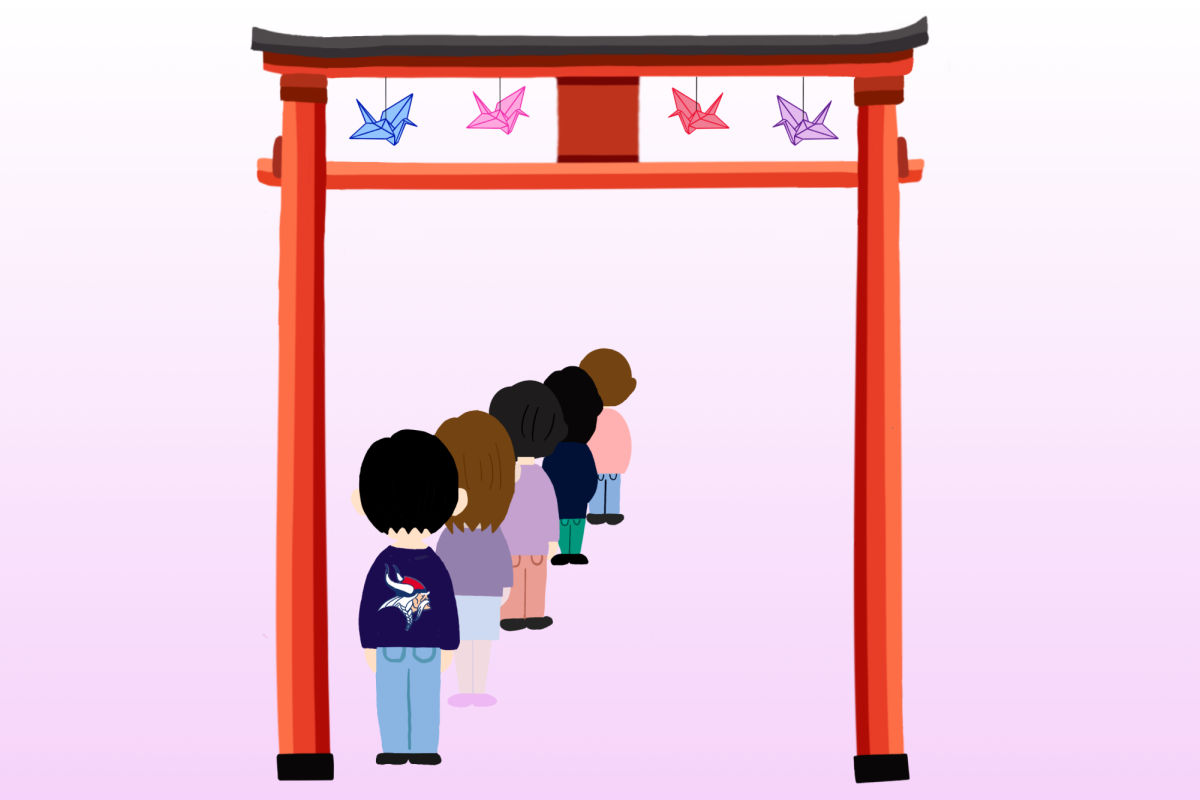
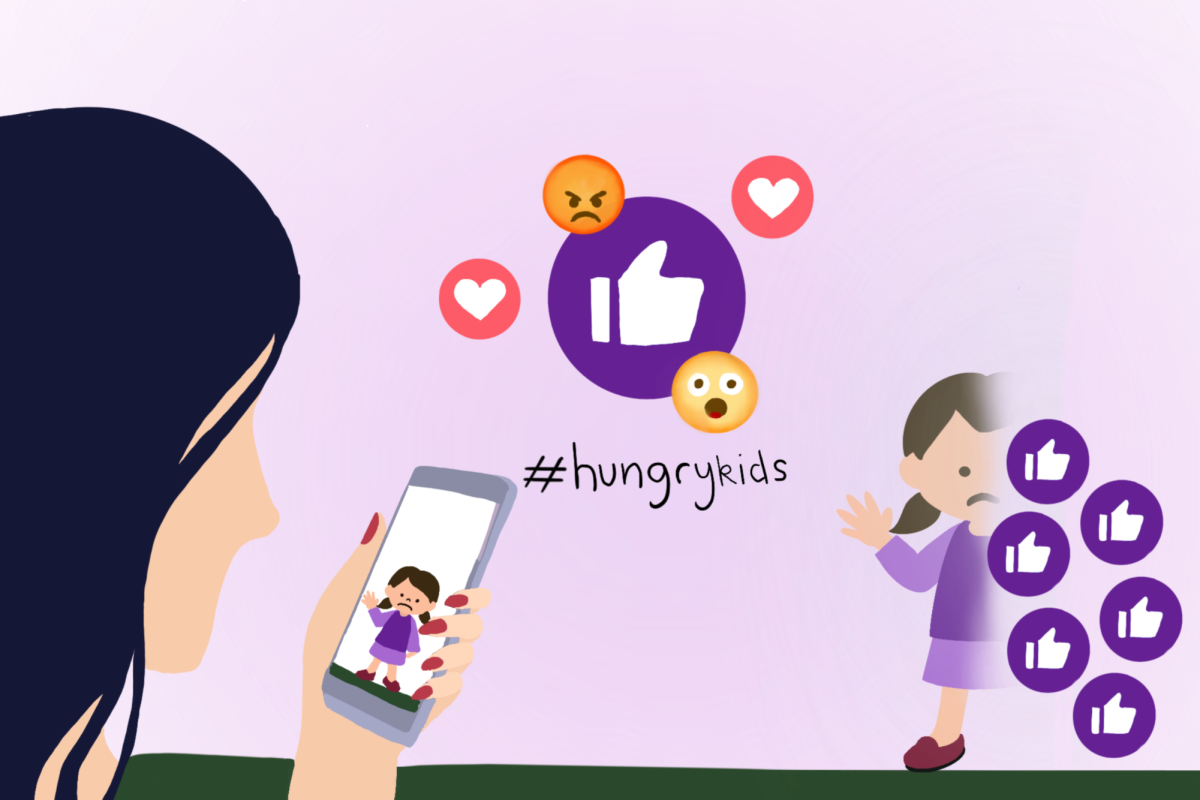

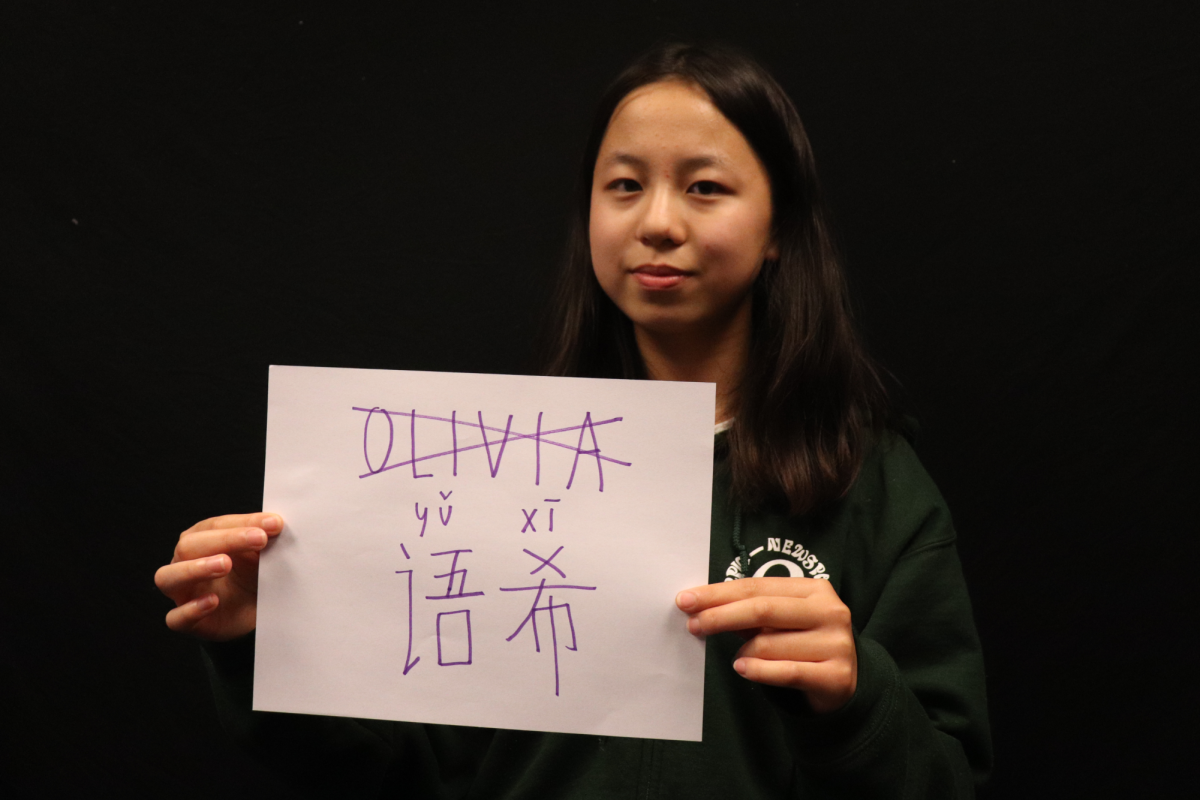
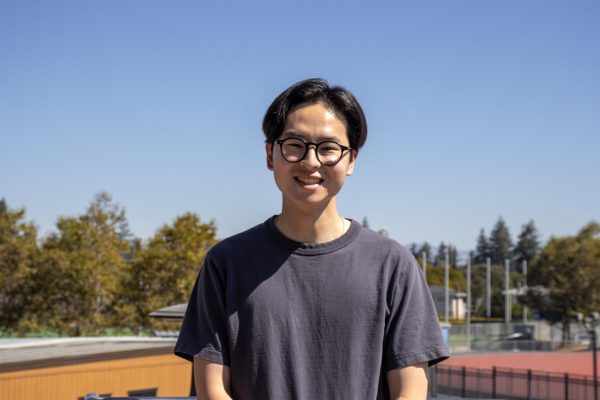

Keunho • Jan 28, 2024 at 1:56 am
Taek. Sorry for my late comments on your inspirational editorial. I’m very proud of you that you become a person able to look around. Wish you keep such warm heart all the time.